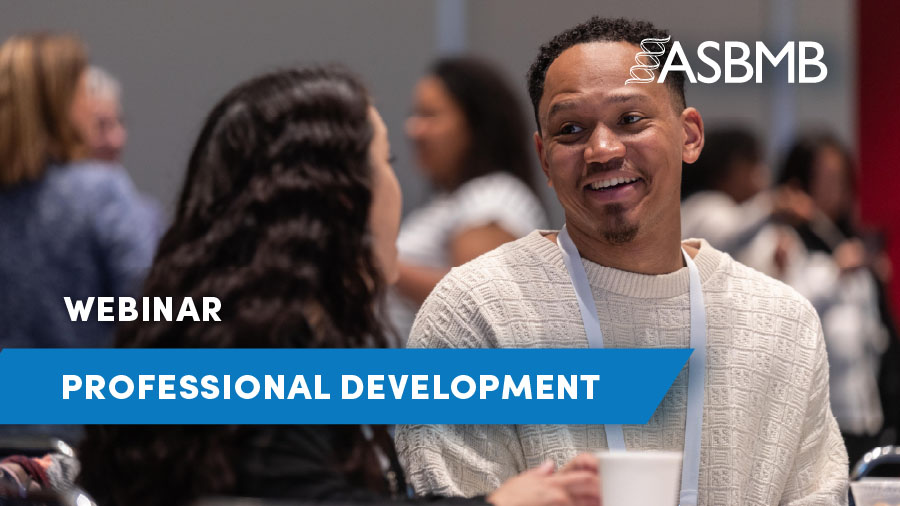Free digital tools grad students should know about
Grad school (and research in general) requires a lot of tools. Beyond the required items, there are numerous extra resources that can help make studying and doing research easier. Here, I curated a list of some of the free digital tools I found the most helpful.
For writing and citing
A big part of research is writing. Between grants and publications, you may end up spending a decent amount of time finding relevant research articles and sources, reading those articles, and later citing them. To be honest, citing papers and grants was my least favorite part of research. It requires organization and thoughtfulness to make sure you have the appropriate articles and properly include the citations in the correct format for whatever outlet you’re sending your work to. Basically, it can be tedious.
The good news is there are plenty of tools and software programs that can make it easier. A lot of labs subscribe to citation tools, but if that isn’t the case there are a lot of great free options.
Mendeley is a popular option that can be used on the web or can be downloaded to your desktop. With the free version, you get up to 2 gigabytes of storage for free, and it’s easy to search for and save papers, dissertations, books, and virtually any other document you may want to read or cite. Mendeley is also available as a plug-in with Microsoft Word, which means you can cite within your document as you write. This makes it a lot faster and easier to cite as you go, instead of leaving all citations until the end.
Once you start writing and publishing, it’s a good idea to keep track of it all. Adding all of the details to your CV is one way to do it (and I do recommend regularly updating your CV), but you can also again rely on digital solutions.
I recommend making an account with Google Scholar to track your publications. This can come in handy to make sure you capture all your publications when updating your CV, and you can also view metrics, such as the number of times each article has been cited and the number of total citations you’ve had each year.
You can also link co-authors (such as your PI) to help build your profile network and make your work easier to find. Google Scholar will also try to update the list of articles included in your profile, a process you can automate, or you can get email notifications to review and confirm updates. It’s a great way to build an all-encompassing view of your published body of work. (Sometimes conference proceedings are also included in Google Scholar).
Related: I would recommend creating a profile with My NCBI and maintain it as well. This will make it easier when applying for grants: Inserting an My NCBI link is a way to save space in the publications section of grant applications and is an acceptable way to share your work with reviewers. You can even use your Google Scholar to make sure all of your articles are included in your profile.
For work and productivity
Picture this: You’ve collected a dataset that is too large and complicated to be processed on your laptop, or maybe your dataset needs to be processed with a special software available on only one computer in the lab. If you want to work on this dataset outside of the lab and away from a specialized computer, TeamViewer may be the solution.
TeamViewer facilitates remote access to computers and is simple to use. Start by installing the TeamViewer software on your computer or laptop and also on the computer you want to tap into (say that supercomputer that has all the software and power than you need). Then, from your laptop or home computer you can remote control the computer to open and view files, start data processing and more.
Remote access can also help when working with collaborators by allowing team members to monitor data collection or simulations or work with specific software even when they’re miles away. Note that most of the time TeamViewer requires some kind of initial setup to start a remote session and for security purposes, so someone in person may need to help set up a remote session.
The last tool I’ll recommend is great for anyone who, like me, is a list maker. If you have the Microsoft Office suite, you probably already have access to Microsoft To Do. With this online or downloadable app, you can make to-do lists with all kinds of flare. You can categorize them (for example, by research project or by school and home tasks), set reminders and alerts, and even set up shared lists. I used the predecessor to this app (called Wunderlist, may it rest in peace) to keep track of all of my research, school and personal tasks during graduate school and beyond.
Unlike everything else, Microsoft To Do isn’t free without a Microsoft subscription or paying for the software, but many universities offer free or heavily discounted Microsoft products to students and employees (talk to your IT or library departments to see if that’s true for you).
Did I miss your favorite digital tool? Let me know on Twitter (@CourtneyCPhD), and I’ll share so that other students and researchers can take advantage!
Enjoy reading ASBMB Today?
Become a member to receive the print edition four times a year and the digital edition monthly.
Learn moreFeatured jobs
from the ASBMB career center
Get the latest from ASBMB Today
Enter your email address, and we’ll send you a weekly email with recent articles, interviews and more.
Latest in Careers
Careers highlights or most popular articles

Defining JNKs: Targets for drug discovery
Roger Davis will receive the Bert and Natalie Vallee Award in Biomedical Science at the ASBMB Annual Meeting, March 7–10, just outside of Washington, D.C.

Upcoming opportunities
No matter where you are in your career and what future path you aspire to, everyone needs leadership skills. Join ASBMB for practical strategies for building and practicing leadership skills.

Close out ASBMB 2026 with a bang
The closing reception of the 2026 ASBMB Annual Meeting will be held at the Torpedo Factory Art Center in Alexandra, Virginia.

Redefining lipid biology from droplets to ferroptosis
James Olzmann will receive the ASBMB Avanti Award in Lipids at the ASBMB Annual Meeting, March 7–10, just outside of Washington, D.C.

Creating change in biochemistry education
Pamela Mertz will receive the ASBMB William C. Rose Award for Exemplary Contributions to Education at the ASBMB Annual Meeting, March 7-10 in Washington, D.C.

Trainee mentorship as immortality
Suzanne Barbour will receive the ASBMB Sustained Leadership Award at the ASBMB Annual Meeting, March 7-10 in Washington, D.C.

